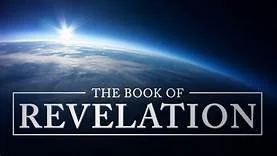Don Whitney is speaking at a conference about Jonathan Edwards (1703-58). Edwards was a pastor-theologian who pastored his Church through a season of revival, and who left us a legacy of theological and philosophical works that people are still writing PhDs on! Some scholars think he was the greatest theologian the English speaking world has ever produced. He was a great friend of people like George Whitfield and David Brainerd. Much of his theology is focussed on incredibly practical issues of Christian experience and discipleship. You don’t need to know anything about Edwards to appreciate this talk. If you wanted to get an overview of his life and some lessons learnt from it, there is another talk on youtube that might be helpful: Biography of Jonathan Edwards (audio only).
The focus of this talk is Edward’s own thinking on and experience of the Spiritual Disciplines, and his encounter with God as a result. Enjoy!
Discussion Questions for Invitation week:
Do you think Whitney is too optimistic about the kind of progress we could make in our pursuit of godliness?
How can we avoid making the same mistakes the Pharisees made in our practise of the Spiritual Disciplines?
Do you have any experience that resonates with Edwards’ sense of encounter with God? Do you think it is fair to put this quality of relationship with God down to his pracitse of the Spiritual Disciplines?
Is there anything in Edwards practise that you think you could learn from? … imitate? …make your own in some way? Or do you think this is a way of life that is no longer possible in the 21st Century? What do you make of Whitney’s dealing with the question of whether this is realistic or not?
What in this talk inspired and encouraged you? …what intimidated you? …what left you feel like giving up?
What surprised you in this talk?
What is your own experience of Spiritual Disciplines? What would you like it to be? What help and support would you need to pursue that?






